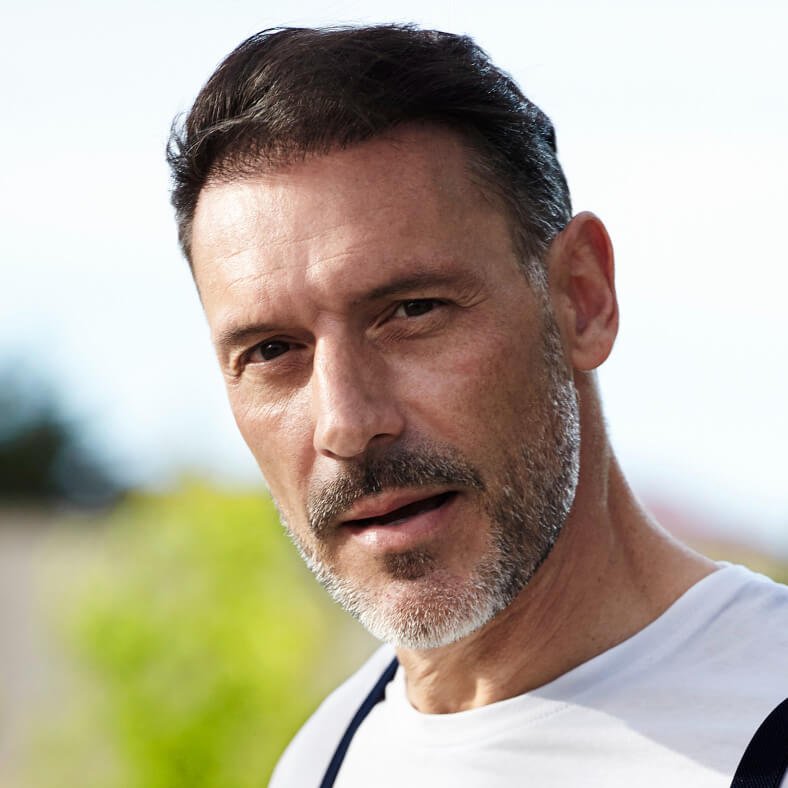Expert Advice from Korean Clinics for Optimal Healing
Hairline correction surgery in Korea offers world-class outcomes, but the post-operative recovery phase is just as crucial to ensure natural hair growth and prevent complications. For medical tourists—who may be navigating unfamiliar environments—following the right recovery tips is vital. Here’s an in-depth guide covering what to do, what to avoid, and how Korean clinics support your healing journey.
1. Immediate Post-Op Care at the Clinic
- Observation Time: Most clinics keep patients under observation for 1–2 hours after surgery to monitor for any immediate reactions.
- Initial Dressing: Your scalp will be gently bandaged or covered with a protective dressing.
- Medication: You’ll be prescribed antibiotics to prevent infection and pain relievers to manage discomfort.
2. Managing Pain, Swelling, and Discomfort
- Pain Control: Use prescribed medications exactly as directed. Over-the-counter painkillers may be allowed if approved by your surgeon.
- Cold Compress: Applying a cold compress (not directly on the scalp but around the forehead and eyes) can reduce swelling.
- Elevate Head While Sleeping: Sleep with your head elevated on pillows for the first week to minimize swelling.
3. Scalp Care and Hygiene
- Gentle Washing: Usually, washing your scalp gently starts 2-3 days post-op with a mild shampoo recommended by your clinic.
- No Scratching or Picking: Scabs will form and naturally fall off. Avoid scratching or picking to prevent scarring or infection.
- Avoid Hair Products: Refrain from using styling gels, sprays, or dyes for at least 4 weeks post-surgery.
4. Protecting Your Scalp from External Factors
- Avoid Sun Exposure: Direct sunlight can damage healing follicles. Wear a loose hat or scarf when outdoors.
- No Swimming or Saunas: Chlorinated water and heat can irritate your scalp; avoid pools, hot tubs, and saunas for at least 3 weeks.
- Avoid Dusty or Polluted Environments: Airborne particles may cause irritation or infection.
5. Physical Activity and Lifestyle
- Limit Physical Exertion: Avoid strenuous exercise, heavy lifting, or activities that cause sweating for 10-14 days.
- No Smoking or Alcohol: Both slow healing and should be avoided for at least 2 weeks.
- Healthy Diet: Focus on a balanced diet rich in vitamins (A, C, E), minerals (zinc, iron), and protein to promote hair growth and wound healing.
6. Follow-Up Appointments and Monitoring
- In-Person Checkups: Korean clinics typically schedule follow-ups at 3 days, 1 week, 1 month, and 3 months post-op for medical tourists staying in Korea.
- Telemedicine Support: After returning home, many clinics offer virtual consultations to monitor healing progress.
- Report Any Issues Promptly: Contact your clinic immediately if you notice excessive redness, swelling, pus, severe pain, or fever.
7. Psychological and Emotional Care
- Manage Expectations: Hair growth after surgery takes time—typically 3-6 months before visible results.
- Stay Patient and Positive: Avoid stress which can impact hair growth negatively.
- Join Support Groups: Some Korean clinics connect international patients with online communities for shared experiences and encouragement.
8. Special Tips for Medical Tourists
- Plan a Recovery Stay: It’s recommended to stay in Korea for at least 7-10 days post-surgery to attend follow-ups and ensure proper wound care.
- Local Language Support: Utilize clinic translators or bilingual staff for smooth communication.
- Keep Emergency Contacts Handy: Know how to reach your clinic or local emergency services if needed.
9. When to Resume Normal Hair Care
- Gradual Return: After the first month, you can slowly resume gentle scalp massages and regular hair washing.
- Avoid Chemical Treatments: Hair dye or perms should be avoided for at least 3 months.
- Consult Your Surgeon: Always check before starting new hair care routines or products.
10. Korean Clinics’ Aftercare Programs
- Many clinics offer advanced post-op therapies like:
- Low-Level Laser Therapy (LLLT) to stimulate follicle recovery.
- Platelet-Rich Plasma (PRP) injections to boost healing and hair growth.
- Nutritional Supplements tailored to support hair regrowth.
✅ Summary: Key Recovery Takeaways for Medical Tourists
| Recovery Aspect | Essential Tips |
|---|---|
| Pain & Swelling | Use meds, cold compress, elevate head |
| Hygiene | Gentle washing after 2-3 days, no scratching |
| Protection | Avoid sun, swimming, saunas |
| Activity | No strenuous exercise, no smoking/alcohol |
| Follow-up | Attend scheduled checkups or virtual consults |
| Emotional | Manage expectations, seek support if needed |




